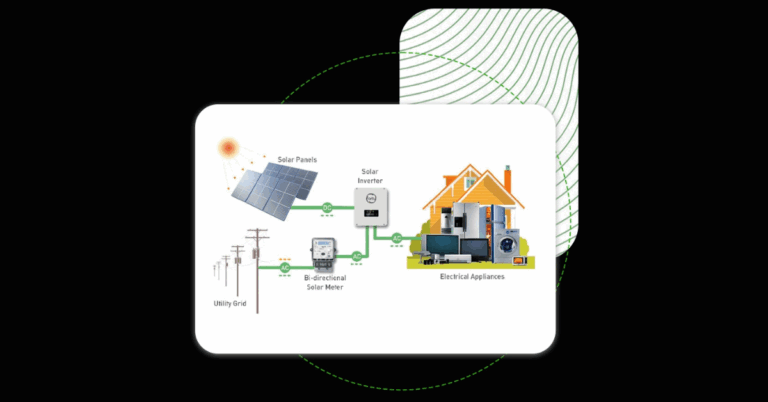The Role of Emotional Intelligence in Effective Team Communication
Emotions play a crucial role in team dynamics, impacting how individuals interact, communicate, and collaborate within a group setting. Understanding the diverse range of emotions that team members experience can help foster a more harmonious and productive working environment. By recognizing and acknowledging these emotions, team leaders can better address potential conflicts, boost morale, and enhance overall team performance. In essence, emotional intelligence is essential for building strong team dynamics and ensuring effective collaboration among team members.
Moreover, when team members are attuned to their own emotions and those of their colleagues, they can respond more empathetically and supportively to various situations that arise in the workplace. This heightened emotional awareness enables team members to approach challenges with greater understanding and consideration, leading to improved problem-solving abilities and decision-making processes. Ultimately, teams that prioritize understanding emotions in team dynamics are better equipped to navigate complexities, build strong relationships, and achieve collective goals with unity and cohesion.
Recognizing Nonverbal Cues for Better Communication
Nonverbal cues play a significant role in communication, often conveying messages that words alone cannot express. From facial expressions to body language, these subtle cues provide valuable insights into a person’s thoughts and feelings. For example, crossed arms and a furrowed brow might indicate defensiveness or disagreement, while a smile and relaxed posture can signify openness and agreement.
In a team setting, being able to accurately interpret nonverbal cues can help foster better understanding and collaboration among team members. By paying attention to these cues, individuals can adjust their communication style to better suit the needs and emotions of their colleagues. This heightened awareness can lead to more effective interactions and ultimately strengthen the team dynamic as a whole.
• Nonverbal cues provide valuable insights into a person’s thoughts and feelings
• Crossed arms and furrowed brow may indicate defensiveness or disagreement
• A smile and relaxed posture can signify openness and agreement
In a team setting, being able to accurately interpret nonverbal cues can help foster better understanding and collaboration among team members. By paying attention to these cues, individuals can adjust their communication style to better suit the needs and emotions of their colleagues. This heightened awareness can lead to more effective interactions and ultimately strengthen the team dynamic as a whole.
Building Trust and Rapport within Teams through Emotional Intelligence
Emotional intelligence plays a pivotal role in fostering trust and rapport within teams. By being aware of one’s own emotions and understanding how they can impact others, team members can cultivate a more empathetic and supportive environment. This awareness allows individuals to communicate effectively, resolve conflicts constructively, and build stronger relationships based on mutual respect and understanding.
In addition, emotional intelligence enables team members to recognize and respond to the emotions of their colleagues. By being attuned to nonverbal cues such as facial expressions, body language, and tone of voice, individuals can better understand the feelings and perspectives of others. This heightened sensitivity to emotions helps to create a more inclusive and collaborative team dynamic, where every member feels valued and heard.
Why is emotional intelligence important in team dynamics?
Emotional intelligence is crucial in team dynamics as it helps team members understand and manage their own emotions, as well as recognize and respond to the emotions of others. This leads to better communication, collaboration, and overall team performance.
How can recognizing nonverbal cues improve communication within a team?
Nonverbal cues such as body language, facial expressions, and tone of voice can provide valuable insights into how team members are feeling. By paying attention to these cues, team members can better understand each other’s emotions and communicate more effectively.
How can emotional intelligence help in building trust and rapport within teams?
Emotional intelligence allows team members to build trust and rapport by fostering empathy, understanding, and open communication. When team members are able to connect on an emotional level, trust is established, leading to stronger relationships and collaboration.
What are some practical ways to improve emotional intelligence within a team?
Some practical ways to improve emotional intelligence within a team include practicing active listening, being aware of one’s own emotions and reactions, and offering support and understanding to team members during challenging situations. Additionally, team members can engage in activities such as team-building exercises and emotional intelligence training to enhance their emotional intelligence skills.







